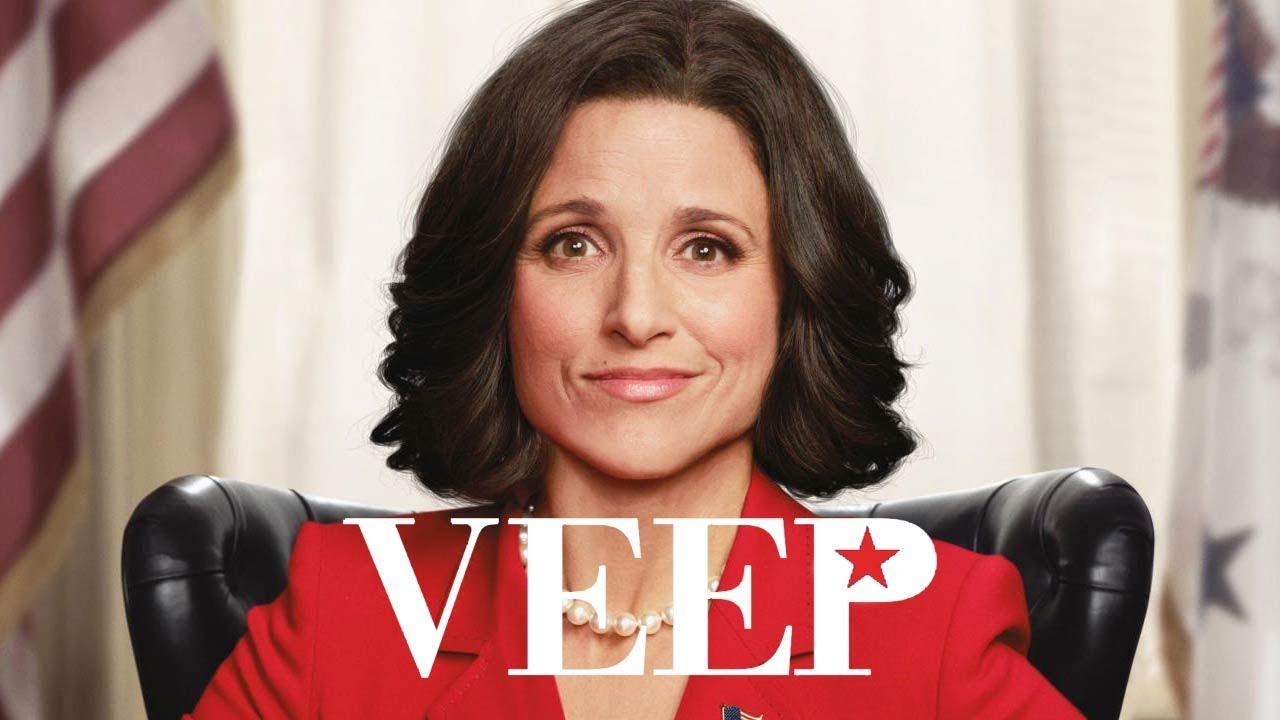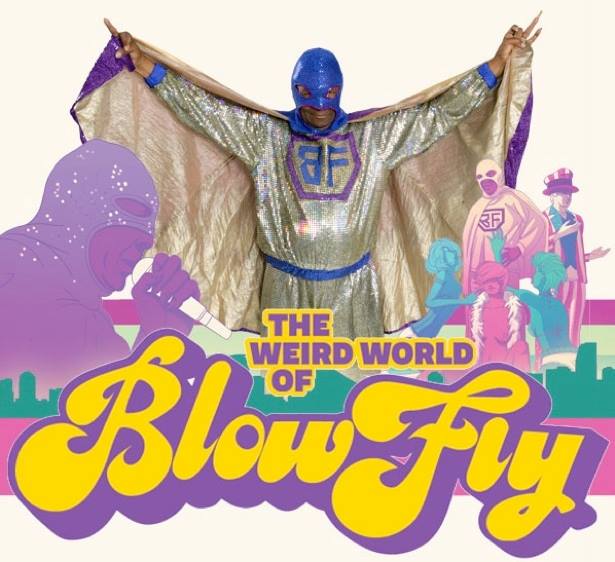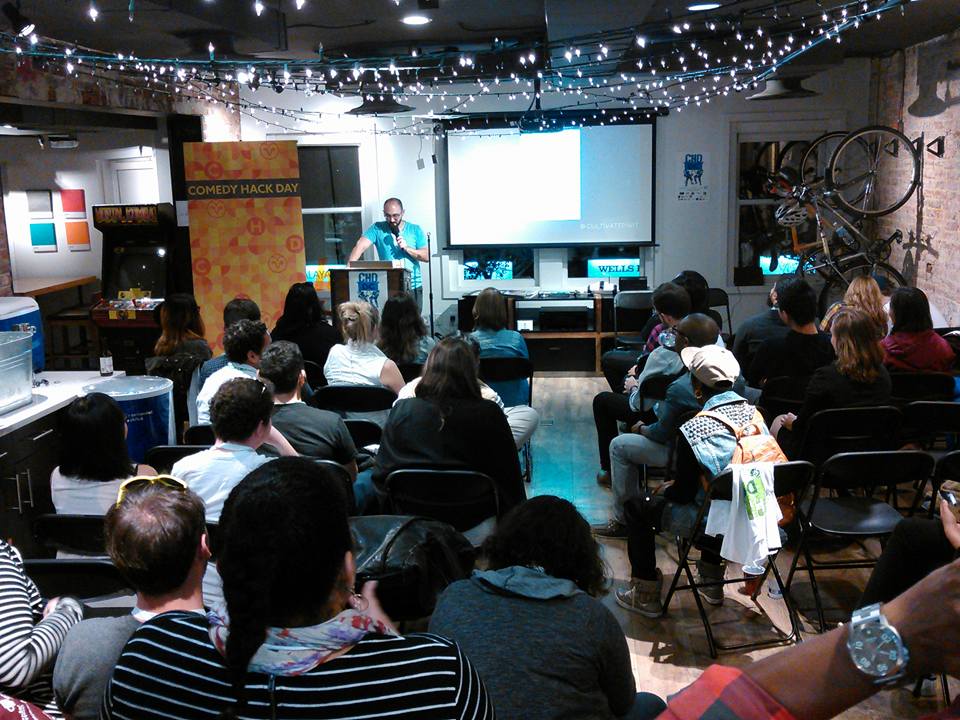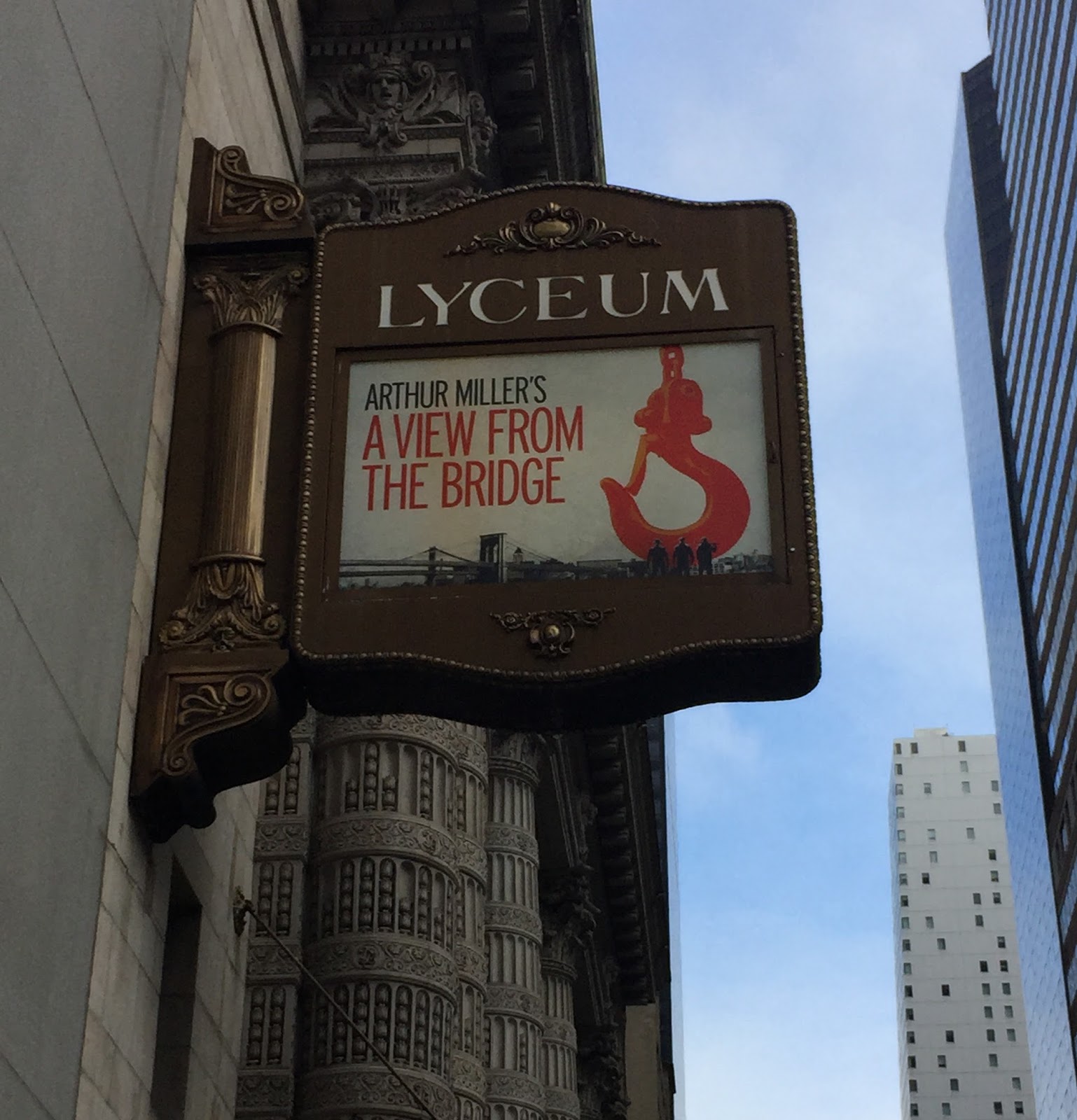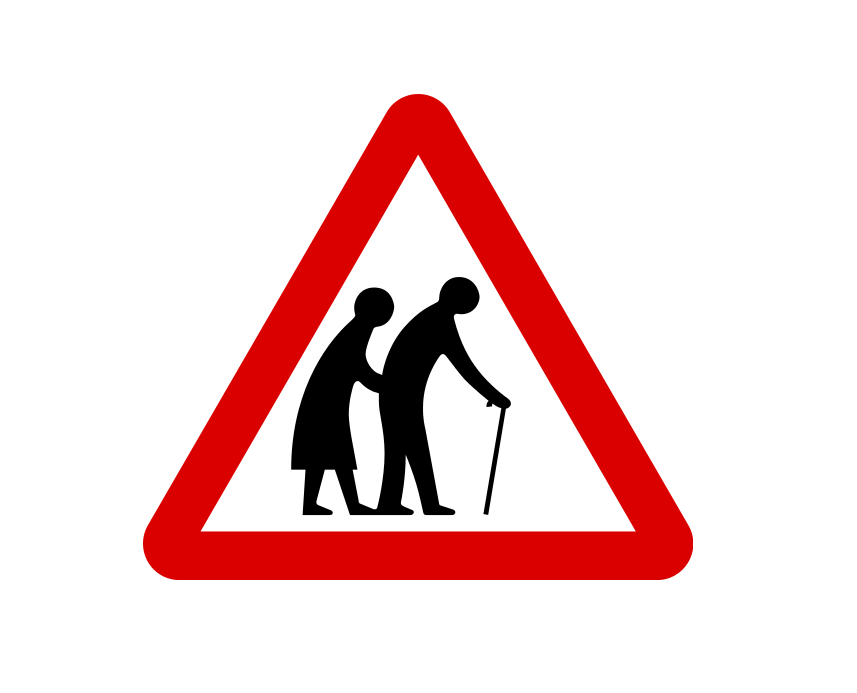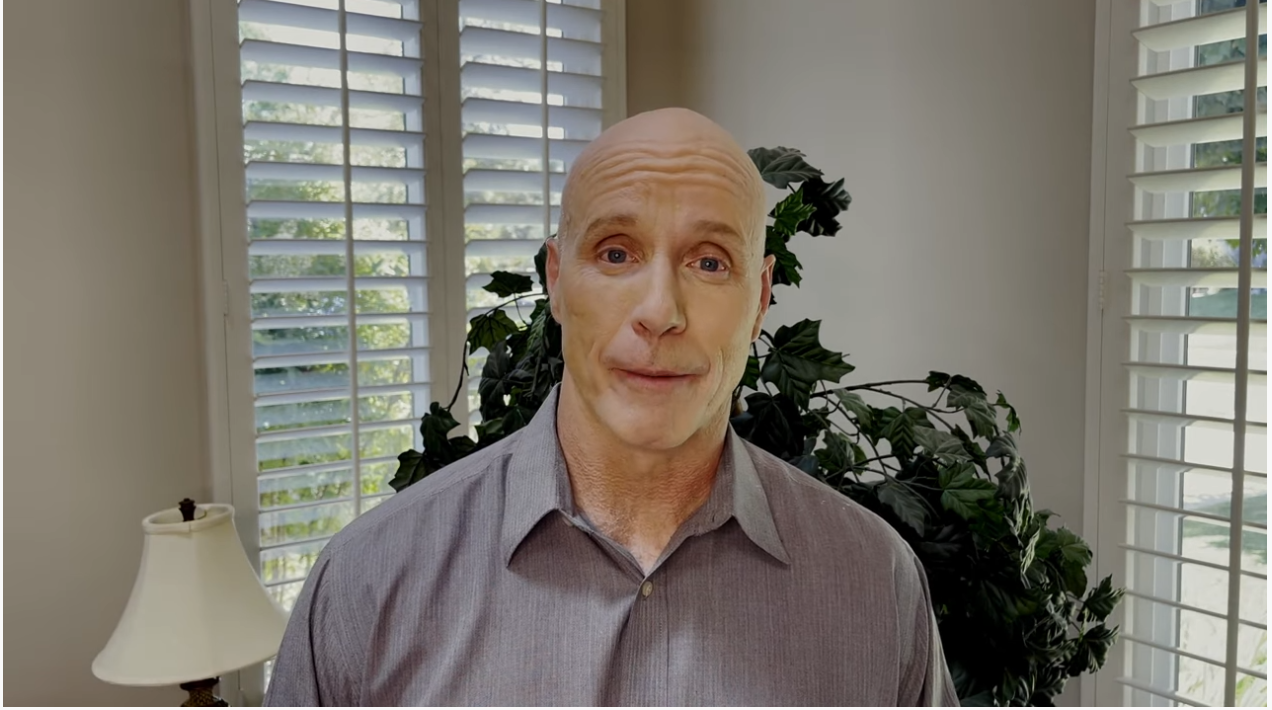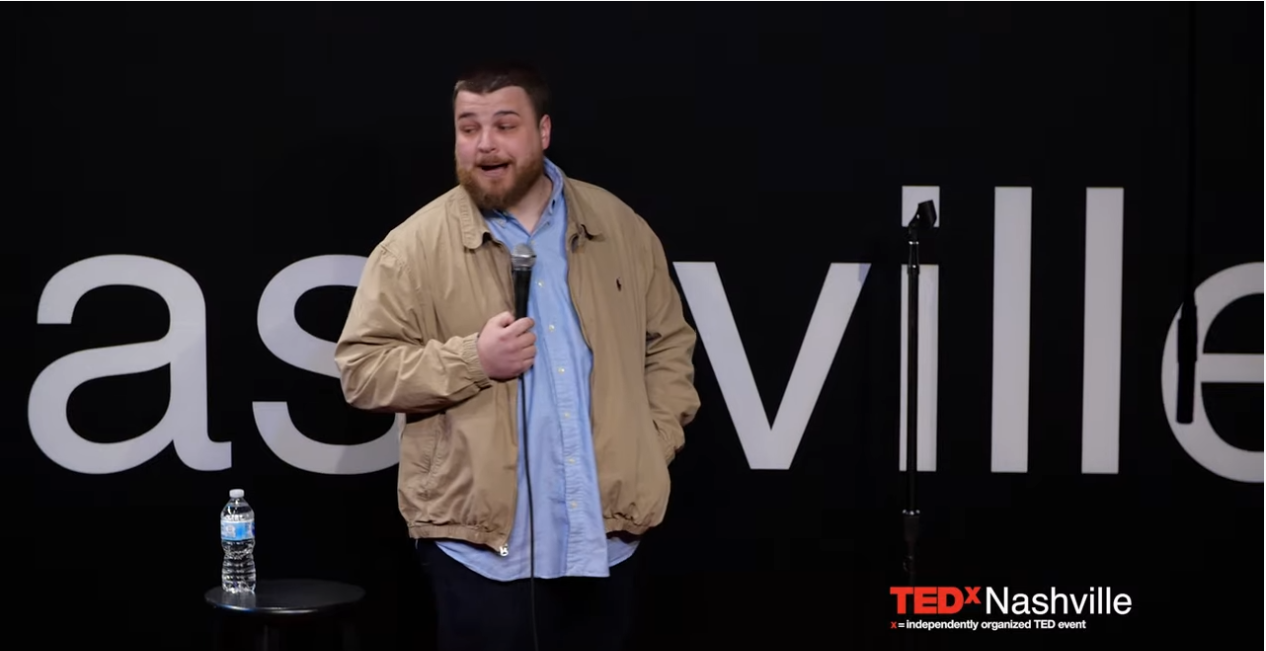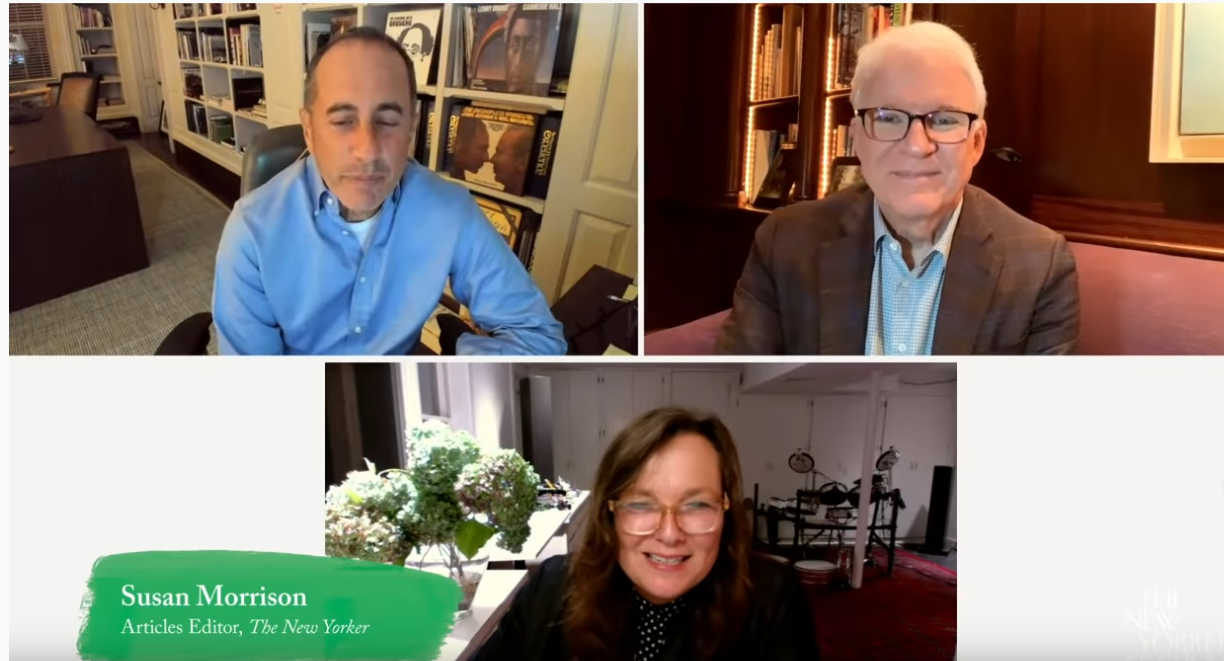
On March 31 I celebrated my stand-up comedy anniversary. I won’t give you a year, but let’s just say, it’s been a minute. And so to commemorate the event, I am reposting a piece I wrote back in 2009.
I received an email from two gentlemen who were teaching a stand-up comedy class to high school students. They asked me for some advice to share with their aspiring young comics. I asked if it was too late to urge them to choose a different career, something safer, like a fireman; easier like a brain surgeon; or more stable, like a mortgage banker.
Perhaps hoping to head off a bitter comic rant, the teachers asked a very specific question: “What do you know now that you wish you knew your first year doing stand-up?” I replied:
“I wish I had known that when stand-up became my career that my life would run on a very different schedule from the rest of the world. I work almost exclusively at night and on the weekends. I also travel a great deal. This means I tend to miss a lot of important functions: weddings, baby showers, family dinners, picnics, barbecues and holidays. (Unlike many comics, I do have friends and actually like my family.) My date night isn’t Saturday, it’s Monday.”
“Even with advance notice I have to choose: go out with my friends and not work, or work and not be with my nearest and dearest. Remember, performing artists are essentially self-employed freelancers. There is no pension plan (other than one you create for yourself), no sick days or vacation days. If you don’t work, you don’t get paid. This can potentially be problematic if you like eating on a regular basis or having a nice place to live.”
“I manage these things as best I can. I am very lucky to have the love and support of my friends and family. I try my best to “be there” and they try to understand when I’m not. I do not say this to dissuade anyone from pursuing stand-up as a career. It’s just something to keep in mind.”
“On a more general note, being a comic is a full-time job encompassing more than just the time spent on stage. At any given moment within the development of our careers we play the role of writer, producer, performer, director, manager, agent, and publicist. It’s rewarding work, but its hard work. Sometimes the easiest and best part is being on stage. If your heart is not truly in it, if you’re going into it looking for the “easy” money, please don’t. As with anything you choose to pursue in life, stand-up should be your passion, otherwise you’re taking up space in an already over-crowded, competitive, and sometimes heart-breaking industry.”
“That said, I enjoy what I do. There is no other art form quite like it. At the end of the day I’m proud to say that I’m a working professional stand-up comedian. It’s not running into a burning building, saving lives, or financially ruining them, but I love it.”
As soon as I hit the send button I remembered the other thing I wish I’d known my first year in standup: that no one will ever take you seriously again. Even in casual conversation they’re always waiting for the other funny shoe to drop. When I go to the bank, my regular bank teller looks at me expectantly. I don’t know what to say. “Um… this is a stick-up?”
I could be having a deep dialogue about the real-world moral, ethical, and political implications of Star Trek’s Prime Directive, and eventually the conversation will turn personal. My palaver partner will wonder what it is I do for a living that allows me to be so witty, sharp, and engaging. They’ll ask, “So, what do you do?”
For a split second I always consider lying and saying something cool like “a college professor.” But then the next question would be, “Where and what do you teach?” And I just haven’t thought the lie out that far. So I tell the truth: “I’m a stand-up comedian.”
Almost instantly they are intrigued. How many comics does the average person get to meet? On some level they are also awed. Most people who enjoy stand-up comedy would never have the courage to get on stage and do it themselves.
But as impressed as they may be, I can almost always see their opinion of me changing. All my cogent points about quantum theory and man’s inhumanity to man are forgotten, and I am relegated to the little box in their brain labeled, at best, entertainer and, at worst, court jester.
But every profession has its occupational hazards, and it could be worse. I could have one of those really weird jobs where if you’re getting laughs, you’re doing something wrong.



